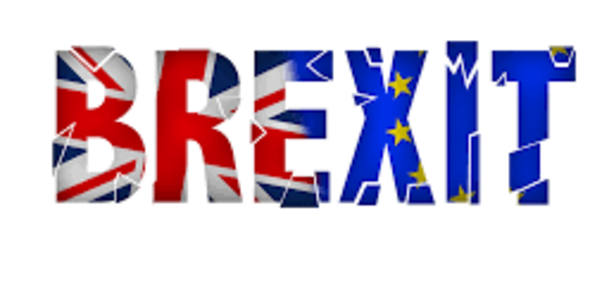
LBS expert explains why emotion beats logic and hope beats fear
Reflecting on the EU referendum, a London Business School strategist explains why deep expertise and sophisticated analysis only get you so far.
Writing on ‘Seven Leadership Lessons From Brexit’ in Forbes, Julian Birkinshaw, Professor of Strategy and Entrepreneurship and Academic Director, Deloitte Institute of Innovation and Entrepreneurship, LBS, explained: “Deep expertise and sophisticated analysis only get you so far: if you want to bring people with you, you also need emotional conviction and you need to learn how to harness intuition more effectively.
“Those of us with a background in accounting or engineering default to logical argument, and to a careful analysis of the risks that might be faced. That might do the job with the audit committee, but the Brexit campaign showed bluntly how little influence this approach alone carries with the rank-and-file. Since Aristotle’s time, effective leaders have recognised the power of emotional appeal (pathos) as a complement to rational argument (logos). The Leave campaigners focused their message at voters’ hearts not their heads, and on upbeat, positive themes: patriotism, freedom and hope. The Remain campaigners peddled hard logic and fear.”
It’s the same in business, Birkinshaw believes.
In a complex world, we need to rely on the knowledge of others. “But in many instances”, Birkinshaw says, “from the consequences of Brexit to the effects of global warming, the arguments are so unfathomable that people give up trying to get to the truth, and fall back on gut feel. Rather than use evidence to come to a belief, we form a belief first and then marshal evidence to support that view.”
This has big implications for the role of business leaders and politicians alike. Deep expertise and sophisticated analysis only get you so far in a world where Birkinshaw argues that “emotion beats logic and hope beats fear”.
But leaders, whether in business or politics, should perhaps take care that the themes they advance, don’t cloud the real question their followers need to answer.
“When faced with a difficult question, people often answer an easier question”, Birkinshaw explains.
“In the referendum, the question (should the UK leave the EU?) was so fiendishly difficult that many people answered an easier question, essentially “are you happy with the state of the world right now?”


